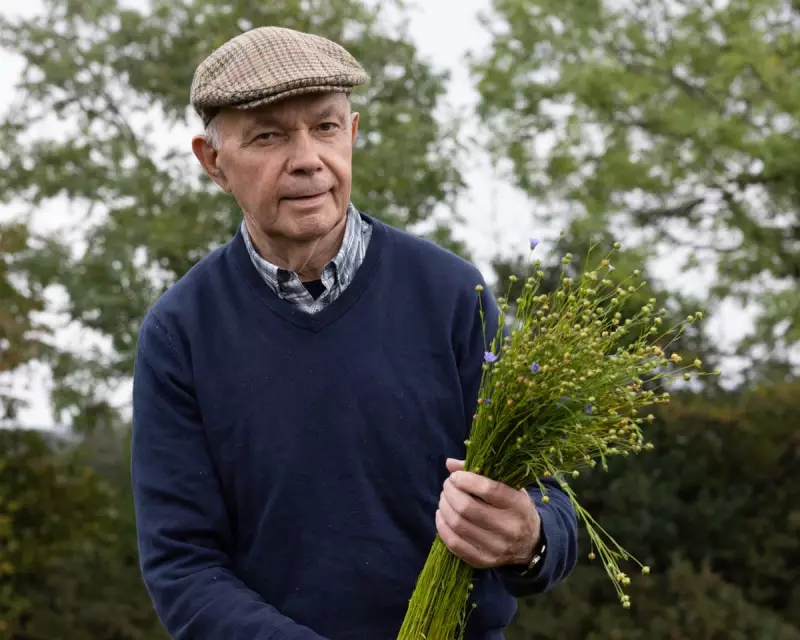
The world of environmental science has lost one of its most brilliant, yet unheralded, minds with the passing of Alan Keys at the age of 86. A man who shunned the spotlight, Keys' groundbreaking work from the 1970s onwards fundamentally changed how Britain understands and protects its fragile ecosystems.
Unlike many of his contemporaries, Keys was not a figure of public acclaim. He was a quiet revolutionary, operating from his modest base in rural Oxfordshire. His genius lay in connecting seemingly disparate dots – demonstrating how agricultural practices directly impacted river health, which in turn affected entire regional ecosystems.
The Unseen Architect of Modern Conservation
While others sought headlines, Keys sought solutions. His pioneering research provided the scientific backbone for numerous environmental protection policies that now seem commonplace. He was instrumental in developing the catchment-based approach to river management, now a cornerstone of UK environmental strategy.
Colleagues remember him as possessing an almost supernatural ability to diagnose problems in river systems simply by walking their banks. "He could read a river like most people read a book," remarked Dr. Sarah Chenworth, his longtime research partner. "He understood the subtle language of water, vegetation and wildlife in a way that seemed almost magical."
A Legacy Written in Water and Woodland
Keys' most significant contribution was arguably his work on integrated land management. At a time when farming and conservation were often seen as opposing forces, Keys demonstrated how they could work in harmony. His research showed that sustainable agricultural practices not only protected waterways but often improved farm productivity.
His influence extended beyond academic circles. The practical applications of his work can be seen in:
- The restoration of numerous British rivers once considered biologically dead
- The development of sustainable drainage systems now used in urban planning
- Policies protecting wetland habitats across the UK
- Educational programs that teach his holistic approach to new generations of environmental scientists
Despite numerous offers from prestigious universities, Keys remained committed to his field research, believing that true understanding came from direct observation rather than laboratory isolation.
The Quiet Man Who Changed Britain's Landscape
In his final years, Keys continued to advocate for what he called "thoughtful conservation" – approaches that considered both human needs and environmental protection. He remained critical of quick-fix solutions and political posturing, maintaining that meaningful environmental work required patience, precision and deep understanding.
Though he never sought recognition, the mark Alan Keys left on Britain's countryside is both profound and permanent. His work reminds us that the most important revolutions are sometimes the quietest ones, and that true change often comes not from loud declarations but from careful observation and dedicated action.
He is survived by his wife, two children, and a natural world profoundly shaped by his quiet genius.





